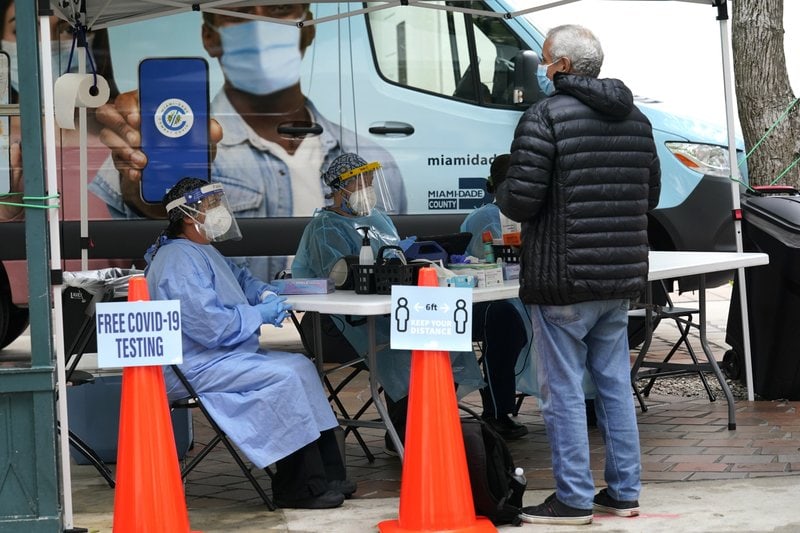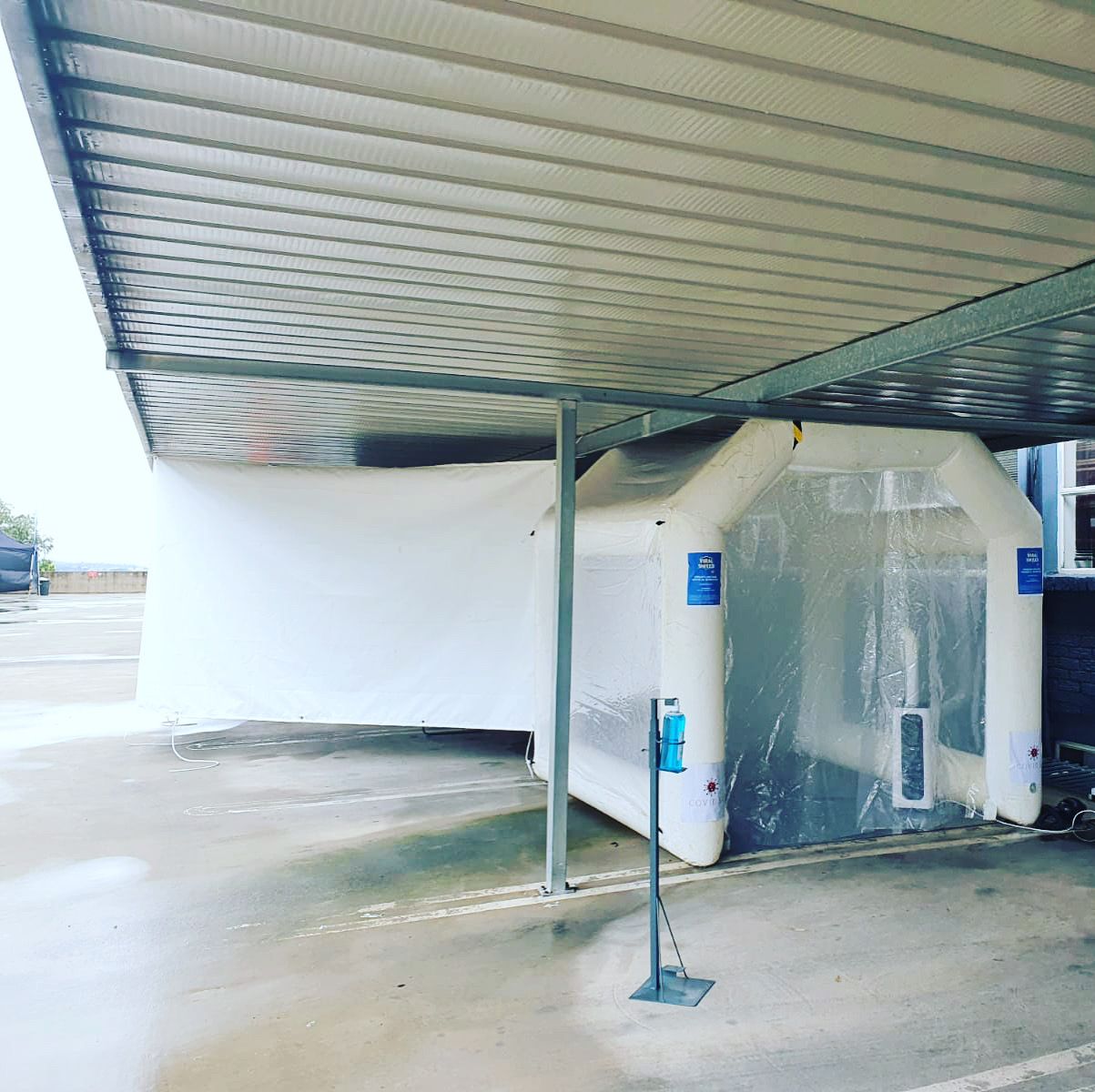

Immokalee, which has a population of around 25,000 during harvesting season, doesn’t have its own hospital. “We’re always last on the list when it comes to healthcare services.”įor workers who got sick, the situation was even more dire. “The testing came late, and it only came because we pushed for it,” said Rodriguez. But poor healthcare infrastructure and apathy from Tallahassee meant that help came too little and too late. The CIW pressured the state government to send additional tests, formed educational programs and reached out to farmers to implement social distancing measures. Rodriguez, who now works at the Coalition of Immokalee Workers (CIW), an organization focused on improving working conditions for farm laborers in Immokalee, said that conditions on the farms and in the packed trailers the workers rent from the farmers were perfect places for infections to break out. “Calling us ‘essential workers’ didn’t do anything to protect our health,” said Nely Rodriguez, a former farm worker in Immokalee.
#Covid testing quincy fl code
By June, the Immokalee zip code had more than 1,000 cases of COVID-19. Deemed essential workers, the laborers continued to work shoulder-to-shoulder on the farms and in cramped packing houses, even as the case count in Immokalee continued to tick up. When Espinoza started working in the fields in Immokalee in May, cases of COVID-19 in Collier County were just starting to rise. While workers usually move according to the growing season, this year their work patterns sync up all too well with COVID-19. As the weather starts to cool, they’ll move back south to pick the fall crop in Quincy, returning to Immokalee by late October. Many, though, will continue their trek northward to farms in Tennessee and North Carolina. After the first picking season is done, some will return to Immokalee or stay in Gadsden to start the crops for the fall. Usually, they’ll start harvesting in Immokalee in the late spring and move up to Gadsden County as the weather warms in June. Migrant tomato farmers like Silva and Espinoza follow a seasonal path northward in Florida. “Even though we’re living in fear, we have to keep moving because he has to keep providing,” she said.

She wanted to slow down, to follow the advice she heard on the news and shelter in place, but she couldn’t. This year, Silva would be extra diligent, disinfecting the place from top to bottom. It’s a ritual she has down to a science - Silva and her four children move an average of four times a year with Maria’s husband, Angel Espinoza, who works on the tomato farms and in the packing houses that dot the East Coast. When Maria Silva and her family move into a new home, she always cleans the place thoroughly, making it their own.


 0 kommentar(er)
0 kommentar(er)
